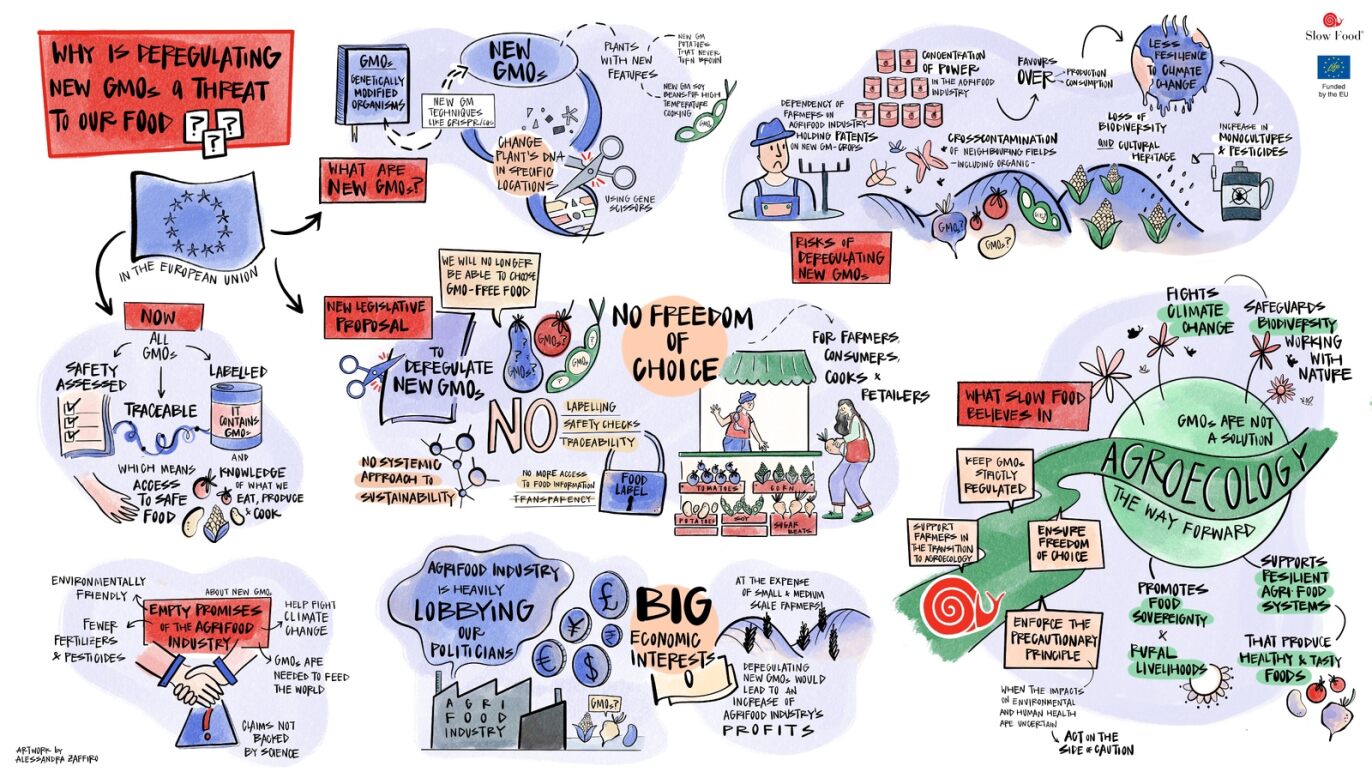In the realm of climate science, a powerful narrative has emerged, one that attempts to shape public opinion and drive global policy. The World Economic Forum (WEF) and various globalist entities champion the green agenda as a solution to save our planet from the brink of catastrophe. However, beneath the surface of this seemingly noble cause, two prominent climate scientists are raising their voices to challenge the status quo.
Challenging the ‘Net Zero’ Goals
The grand vision of the green agenda, publicly lauded as a means to combat global warming, is increasingly under scrutiny. As The People’s Voice has previously highlighted, the green agenda’s architects, in collaboration with world leaders, aim to achieve ambitious ‘Net Zero’ targets. Yet, there are individuals who dare to question this narrative.
Unmasking the Anti-Life Agenda
Steering this anti-life agenda are organizations like the WEF, alongside global entities such as the United Nations (UN) and the World Health Organization (WHO). What might appear as a push for environmental sustainability is, according to two esteemed climate scientists, a facade obscuring darker intentions.
The Fragile Balance of Freedom and the Environment
Central to the green agenda is the pursuit of “global cooling” by curbing personal freedoms and compromising the quality of life for everyday citizens. However, this narrative faces staunch opposition from two preeminent climate experts who recently testified that embracing the WEF agenda could lead to disastrous consequences without any scientific justification.
A Closer Look at the Skeptic’s View
William Happer, a distinguished professor in physics at Princeton University, and Richard Lindzen, a seasoned professor of atmospheric science at Massachusetts Institute of Technology (MIT), have presented their counterargument. Their testimony cautions that claims put forth by the EPA, particularly under the Biden administration, are founded on a “hoax” and are designed to promote the globalist green agenda.
Defying the Narrative with Data and Reasoning
Drawing upon an extensive reservoir of data, Happer and Lindzen assert that EPA-backed regulations are built upon political biases, globalist narratives, and speculative models that have consistently missed the mark. Their testimony highlights the misuse of consensus, peer review, and governmental opinion, all of which fail to provide the scientific basis necessary to support the proposed regulations.
Decoding the Failure of Climate Models
The core of their argument centers around the unreliability of climate models, a cornerstone of the green agenda. Happer and Lindzen expose the consistent inaccuracy of these models in predicting real-world outcomes. They point out that these models have consistently overestimated the effects of global warming and have failed the litmus test of the scientific method.
The Challenge of Disregarding Historical Data
One of the most compelling pieces of evidence presented by the scientists is historical climate data spanning 600 million years. This extensive record contradicts the notion that high levels of CO2 will inevitably result in catastrophic global warming. The scientists point to periods with significantly higher CO2 levels and temperatures, revealing the lack of a linear correlation between the two.
Recognizing CO2’s Role in Nature
In addition to dismantling the catastrophic claims of CO2 emissions, Happer and Lindzen underscore the benefits of this essential gas. They highlight that elevated CO2 levels have historically led to increased food production and enhanced greening of the planet. The narrative of “net zero” goals fails to acknowledge the importance of CO2 in fostering plant growth and boosting agricultural yields.
The Deception of Data Manipulation
Amid their critique of climate narratives, the scientists unveil instances of data manipulation to fit the global warming agenda. Temperature records that were once indicative of warm periods in the 1930s have been altered over time, erasing historical context. This deliberate alteration raises questions about the integrity of the data used to support climate change claims.
The Fallacy of Scientific Consensus
While proponents of climate change assert near-unanimous consensus among scientists, Happer raises the crucial distinction between consensus and actual scientific truth. He invokes the wisdom of physicist Richard Feynman, who emphasized the primacy of experimental evidence over consensus. Happer underscores that the real test of scientific validity lies in its alignment with observable reality.
A Plea for Authentic Science
In their resolute testimonies, Happer and Lindzen reaffirm that true science is grounded in reproducible results and verifiable observations. They challenge the notion that consensus equates to truth and emphasize the need for accountability through empirical evidence. The duo’s insights compel us to reevaluate the narratives shaping our understanding of climate change.
The Path Forward: Seeking Truth Amid Complexity
As the world grapples with the complex issue of climate change, it’s crucial to heed the perspectives of experts like Happer and Lindzen. Their testimonies unveil the gaps in prevailing narratives and emphasize the importance of scientific rigor. By embracing open discourse and welcoming diverse viewpoints, society can forge a path forward that is both sustainable and based on solid evidence.










